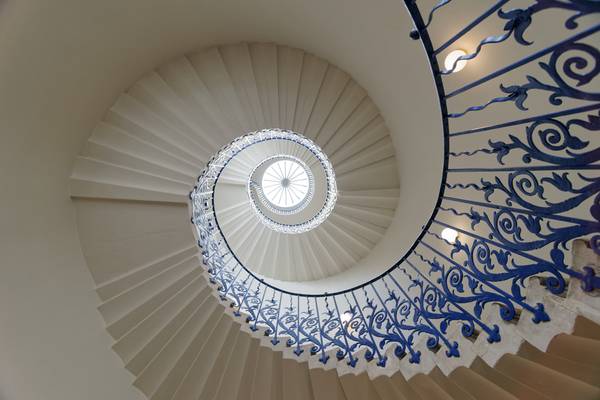
Royal Museums Greenwich

by jim stephenw
The famous architect Inigo Jones was commissioned to design the building in 1616 by King James I’s wife, Anne of Denmark – supposedly a gift from the king to apologise for swearing in front of her after she had accidentally killed one of his favourite dogs during a hunt. Anne of Denmark never lived to see Inigo Jones’s progressive Classical design realised, dying in 1619 with only the first floor completed. It was not until 1629, when James’s son Charles I gave Greenwich to his wife Henrietta Maria, that work on it resumed. The Queen’s House was completed around 1636 and is considered remarkable for its break with the traditional, red-brick Tudor style of building, and for its elegant proportions and the high quality of its interiors. It was the first fully Classical building in England. The Queen’s House is famous today for its extraordinary art collection including works by Great Masters such as Gainsborough, Reynolds, Turner and Hogarth. The sweeping Tulip Stairs are one of the original features of the Queen’s House. This ornate, wrought iron structure was the first geometric self-supporting spiral stair in Britain.
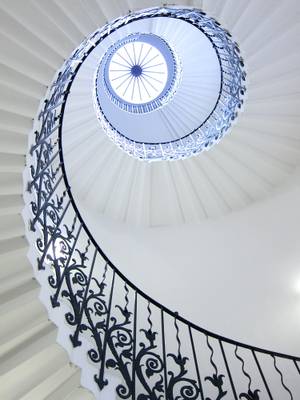
A slightly old photo, taken with my S95 compact when I was passing through London recently on my way to Scotland for a holiday. I've heard people...
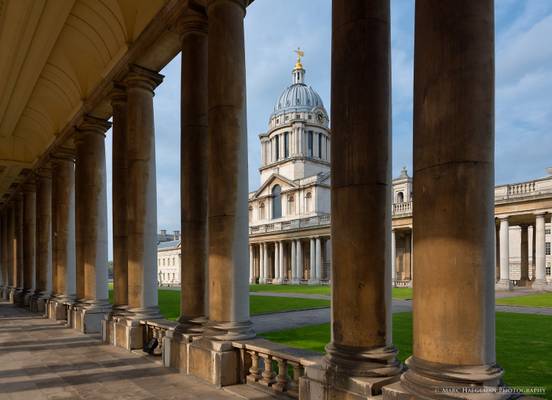
Greenwich - former Royal Naval College.
Photo © 2015 Marc Haegeman. All Rights Reserved. *please do not use without permission
Website: Marc...
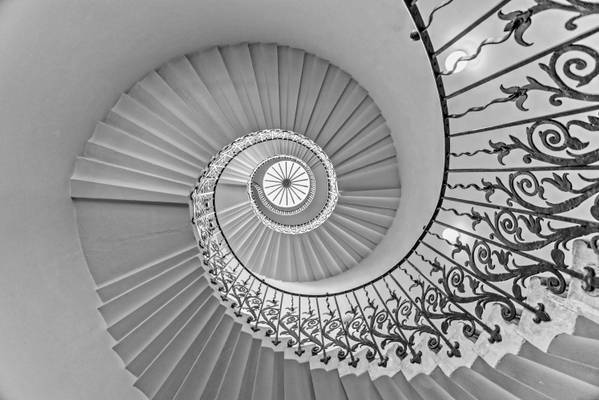
by jim stephenw
The famous architect Inigo Jones was commissioned to design the building in 1616 by King James I’s wife, Anne of Denmark – supposedly a gift from the king to apologise for swearing in front of her after she had accidentally killed one of his favourite dogs during a hunt. Anne of Denmark never lived to see Inigo Jones’s progressive Classical design realised, dying in 1619 with only the first floor completed. It was not until 1629, when James’s son Charles I gave Greenwich to his wife Henrietta Maria, that work on it resumed. The Queen’s House was completed around 1636 and is considered remarkable for its break with the traditional, red-brick Tudor style of building, and for its elegant proportions and the high quality of its interiors. It was the first fully Classical building in England. The Queen’s House is famous today for its extraordinary art collection including works by Great Masters such as Gainsborough, Reynolds, Turner and Hogarth. The Tulip Stairs are one of the original features of the Queen’s House. This ornate, wrought iron structure was the first geometric self-supporting spiral stair in Britain.
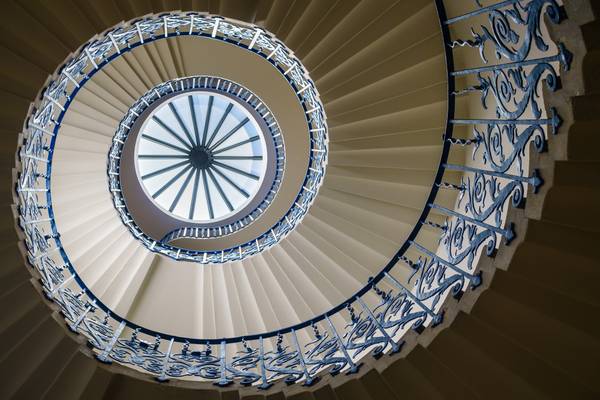
From a visit to London about 10 days ago or so, my girlfriend and I had been to see a gig at The o2 & spent the next day exploring Greenwich. I've...
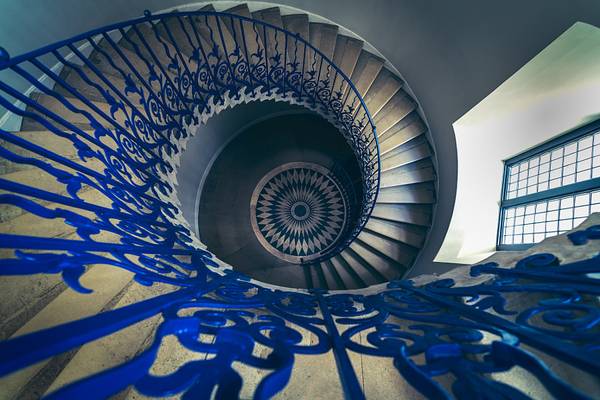
by David Abbs
500px.com
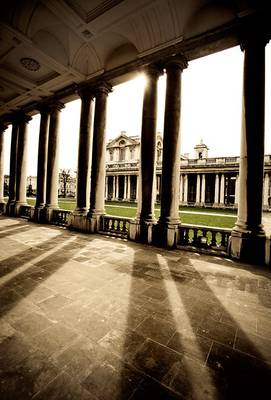
Architecture from the glory days of England at Greenwich Point, London.
John & Tina Reid | Commercial Portfolio | Photography Blog | Travel...
Thanks to all Phoide contributors to Royal Museums Greenwich!
Most notably jim stephenw.